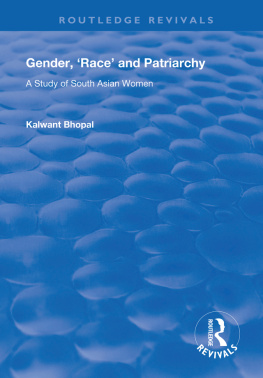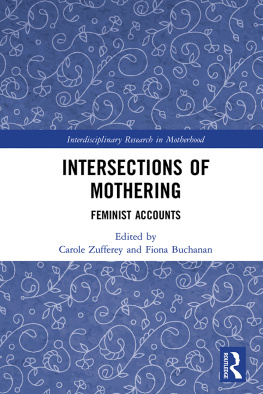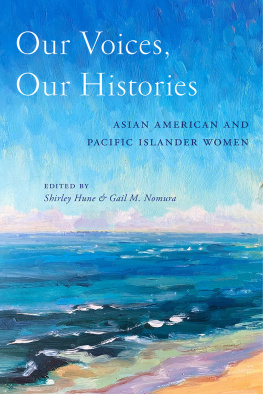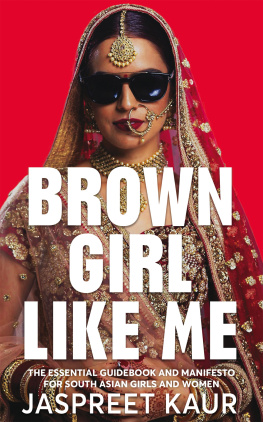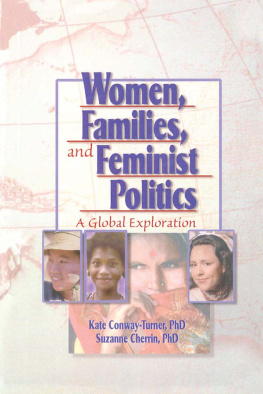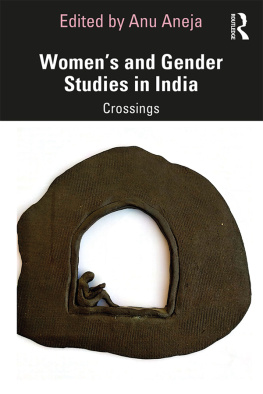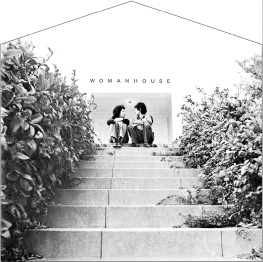Cover
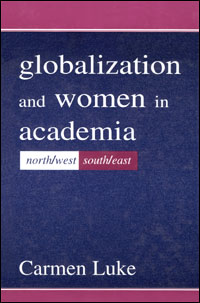
| title | : | Globalization and Women in Academia : North/West-South/East Sociocultural, Political, and Historical Studies in Education |
| author | : | Luke, Carmen. |
| publisher | : | Lawrence Erlbaum Associates, Inc. |
| isbn10 | asin | : | 0805836683 |
| print isbn13 | : | 9780805836684 |
| ebook isbn13 | : | 9780585384740 |
| language | : | English |
| subject | Women--Education (Higher)--Cross-cultural studies, Women in education--Cross-cultural studies, Women college teachers--Cross-cultural studies, Women college students--Cross-cultural studies, Comparative education. |
| publication date | : | 2001 |
| lcc | : | LC1567.L85 2001eb |
| ddc | : | 378/.0082 |
| subject | : | Women--Education (Higher)--Cross-cultural studies, Women in education--Cross-cultural studies, Women college teachers--Cross-cultural studies, Women college students--Cross-cultural studies, Comparative education. |
Page i
Globalization and Women in Academia
Page ii
Sociocultural, Political, and Historical Studies in Education
Joel Spring, Editor
Spring The Cultural Transformation of a Native American Family and Its Tribe, 17631995
Reagan Non-Western Educational Traditions: Alternative Approaches to Educational Thought and Practice
Peshkin Places of Memory: Whitmans Schools and Native American Communities
Spring Political Agendas for Education: From the Christian Coalition to the Green Party
Nespor Tangled Up in School: Politics, Space, Bodies, and Signs in the Educational Process
Weinberg Asian-American Education: Historical Background and Current Realities
Books Invisible Children in the Society and Its Schools
Shapiro/Purpel, Eds. Critical Social Issues in American Education: Transformation in a Postmodern World, Second Edition
Lipka/Mohatt/The Cuilistet Group Transforming the Culture of Schools: Yupik Eskimo Examples
Benham/Heck Culture and Educational Policy in Hawaii: The Silencing of Native Voices
Spring Education and the Rise of the Global Economy
Pugach On the Border of Opportunity: Education, Community, and Language at the U.S.Mexico Line
Hones/Cha Educating New Americans: Immigrant Lives and Learning
Gabbard, Ed. Education in the Global Economy: The Rhetoric and Reform
Glander Origins of Mass Communications Research During the American Cold War: Educational Effects and Contemporary Implications
Nieto, Ed. Puerto Rican Students in U.S. Schools
Benham/Cooper, Eds. Indigenous Educational Models for Contemporary Practice: In Our Mothers Voice
Spring The Universal Right to Education: Justification, Definition, and Guidelines
Reagan Non-Western Educational Traditions: Alternative Approaches to Educational Thought and Practice, Second Edition
Peshkin Permissible Advantage? The Moral Consequences of Elite Schooling
DeCarvalho Rethinking FamilySchool Relations: A Critique of Parental Involvement in Schooling
Borman/Stringfield/Salvin, Eds. Title I: Compensatory Education at the Crossroads
Roberts Remaining and Becoming: Cultural Crosscurrents in an Hispano School
Meyer/Boyd, Eds. Education Between State, Markets, and Civil Society: Comparative Perspectives
Luke Globalization and Women in Academia: North/WestSouth/East
Grant/Lei, Eds. Global Constructions of Multicultural Education: Theories and Realities
Page iii
Globalization and Women in Academia
North/WestSouth/East
Carmen Luke
University of Queensland

Page iv
Copyright 2001 by Lawrence Erlbaum Associates, Inc.
All rights reserved. No part of this book may be reproduced in any form,
by photostat, microform, retrieval system, or any other means, without
prior written permission of the publisher.
Lawrence Erlbaum Associates, Inc., Publishers
10 Industrial Avenue
Mahwah, NJ 07430
Cover design by Kathryn Houghtaling Lacey
Library of Congress Cataloging-in-Publication Data
Luke, Carmen
Globalization and women in academia: North/West-South/East
Carmen Luke.
p. cm.
Includes bibliographical references and index.
ISBN 0-8058-3668-3 (cloth : alk. paper)
ISBN 0-8058-3669-1 (pbk. : alk. paper)
1. WomenEducation (HigherCross-cultural studies. 2. Women in ed
ucationCross-cultural studies. 3. Women college teachers
Cross-cultural studies. 4. Women college studentsCross-cultural
studies. 5. Comparative education. I. Title. II. Series.
LC1567 .L85 2001
378.0082dc21 2001018805
CIP
Books published by Lawrence Erlbaum Associates are printed on acid-free
paper, and their bindings are chosen for strength and durability.
Printed in the United States of America
10 9 8 7 6 5 4 3 2 1
Page v
Contents
Preface | vii |
Acknowledgments | x |
Introduction | xiii |
I Women, Education, and Equity: North/West
|
| Women in Academics: Views From the North/West | |
| Globalization | |
| New Managerialism and Women in Higher Education | |
| Western Feminism, Globalization, and Local Standpoints | |
II Women, Education, and Equity: South/East
|
| Women in Academics: Views From the South/East | |
| Thailand | |
Page vi
| Singapore | |
| Hong Kong | |
| Malaysia | |
Postscript
|
235
|
References | |
Index | |
Page vii
Preface
Western research on women in higher education has produced a substantial volume of scholarship on womens progress in the last 25 years. A range of structural-institutional, social, and cultural factors and ideologies have been identified as glass-ceiling barriers to womens academic career advancements. In response, numerous intervention strategies to support women in academics have been developed and implemented under equity and affirmative action banners. But in the last 25 years, the relatively stable modernist model of the university has been transformed into a corporate, postmodern university forced to look beyond the campus perimeter at global student markets, product diversification, and electronic delivery of courses. The university is both educational institution and workplace, and it has long been characterized as an international enterprise. More recently, the accelerated pace of people and information flows, global marketing, and increasing standardization across the sector have reshaped its institutional practices and discourses into what is now commonly termed the globalization of higher education. In such an environment, how women fare globally in higher education, whether as staff or students, should matter. Feminism has long argued for the importance of local, situated analyses, yet there is hardly any research on the cultural
Next page

